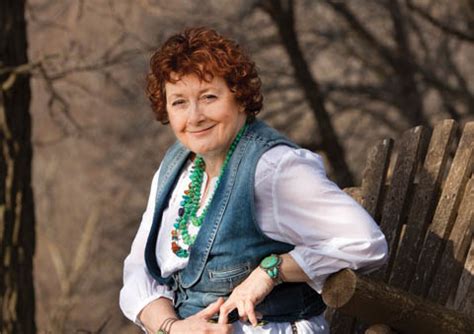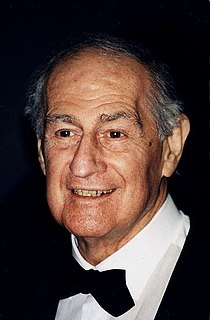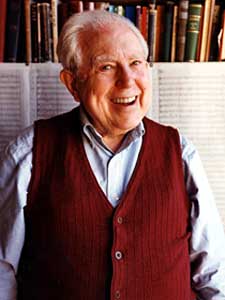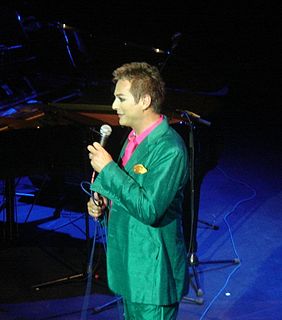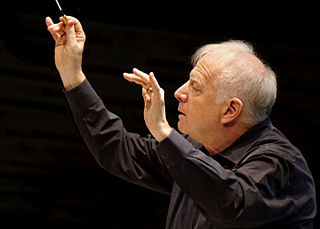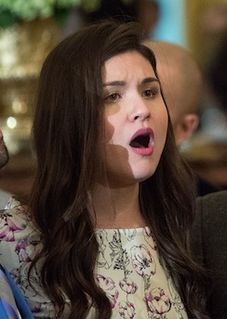A Quote by Jonis Agee
From the opening lines, Sleeping with Schubert is a hilarious, whimsical romp through the looking glass of a great musical mystery. The writing snaps, crackles, and pops with humor as Bonnie Marson makes Schubert a sexy, happening kind of guy who gives new meaning to our dreaming the impossible.
Related Quotes
When people listen to my music, I hope that they will notice that if you take a piece by a composer like Schubert, the major and the minor triad is an extermely important thing not merely as harmony, but in creating melodic lines. Schubert is always walking up and down with arpeggios on C, E, G and so forth. I am not doing anything different really, except using a different system of harmony.
But I am all for love, and I am against marriage, particularly the arranged kind, because the arranged marriage gives you satisfaction. And love? - love can never satisfy you. It gives you more and more thirst for a better and better love, it makes you more and more long for it, it gives you tremendous discontentment. And that discontent is the beginning of the search for God. When love fails many times, you start looking for a new kind of lover, a new kind of love, a new quality of love. That love affair is prayer, meditation, sannyas.
Human beings are like detectives. They love a mystery. They love going where the mystery pulls them. What we don't like is a mystery that's solved completely. It's a letdown. It always seems less than what we imagined when the mystery was present. The last scene in `Blow Up' is so perfect because you leave the theater still dreaming. Or the end of `Chinatown,' where the guy says `Forget it, Jake, it's Chinatown.' It explains so much but it only gives you a dream of a bigger mystery. Like life. For me, I want to solve certain things but leave some room to dream.
